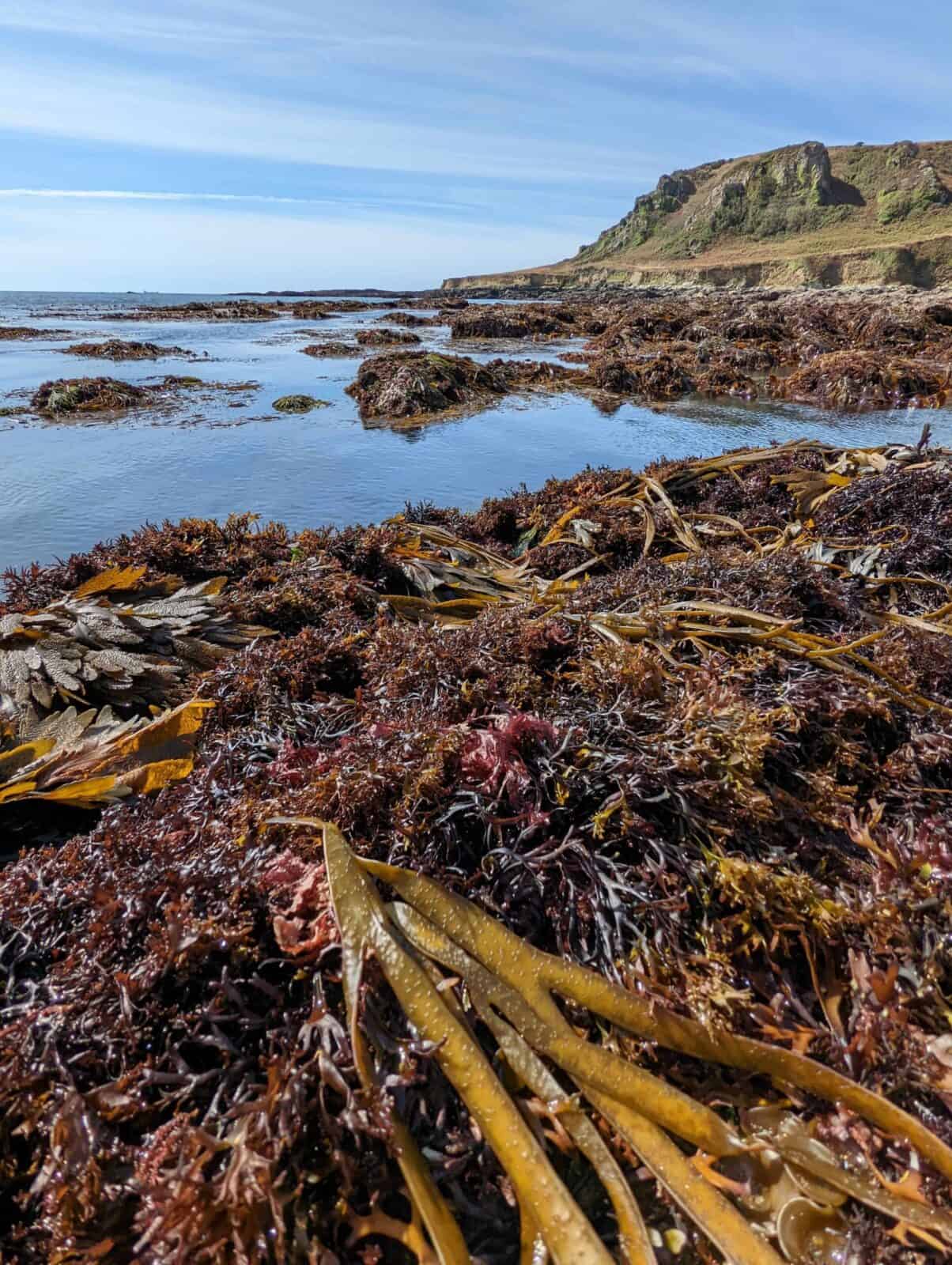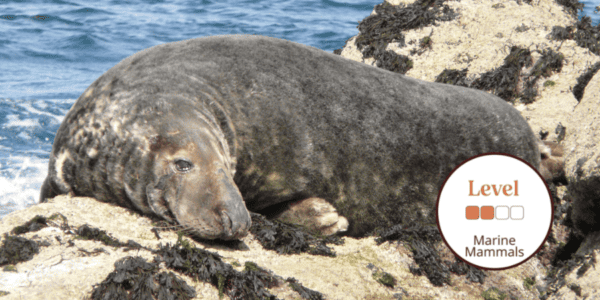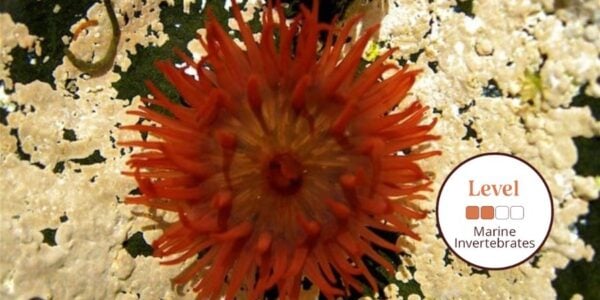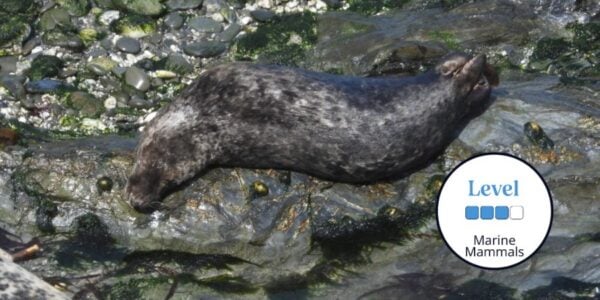Marine and coastal environments are dynamic and teeming with life! Submerge yourself in the mysteries of the marine environment in this beginner-level course, which has been carefully designed to provide you with a grounding knowledge in marine ecology.
What is covered in this course?
- Life in the Sea
- Marine Ecosystems
- Marine Environments and Humans
- Characteristic Species of Coastal Habitats
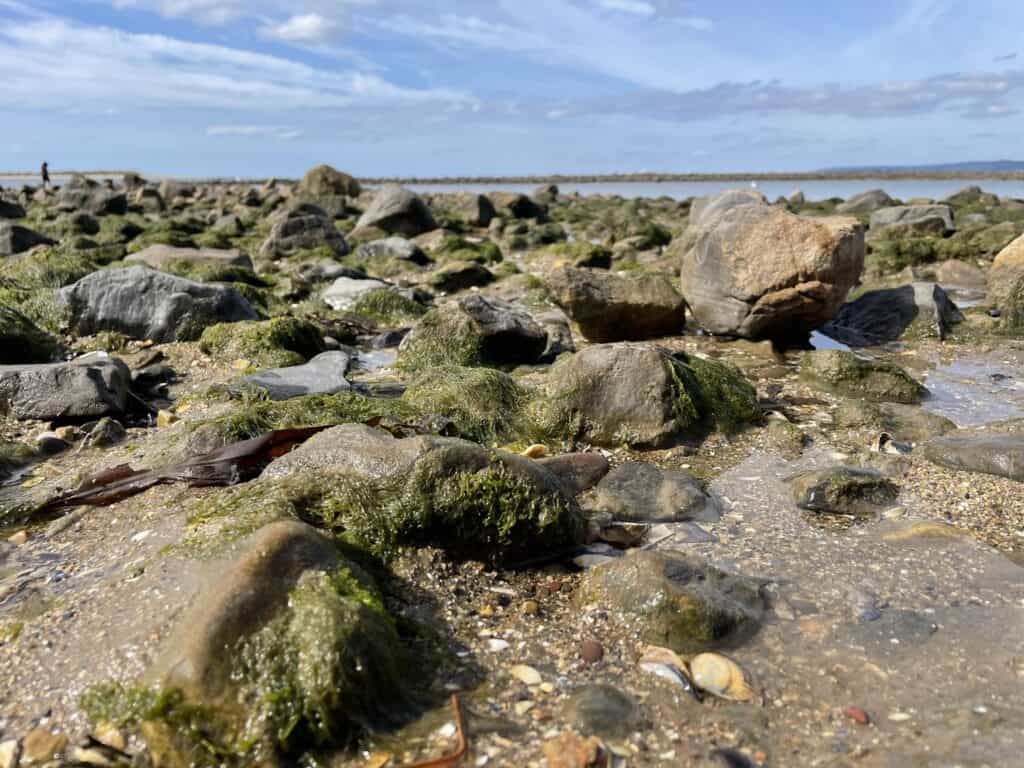
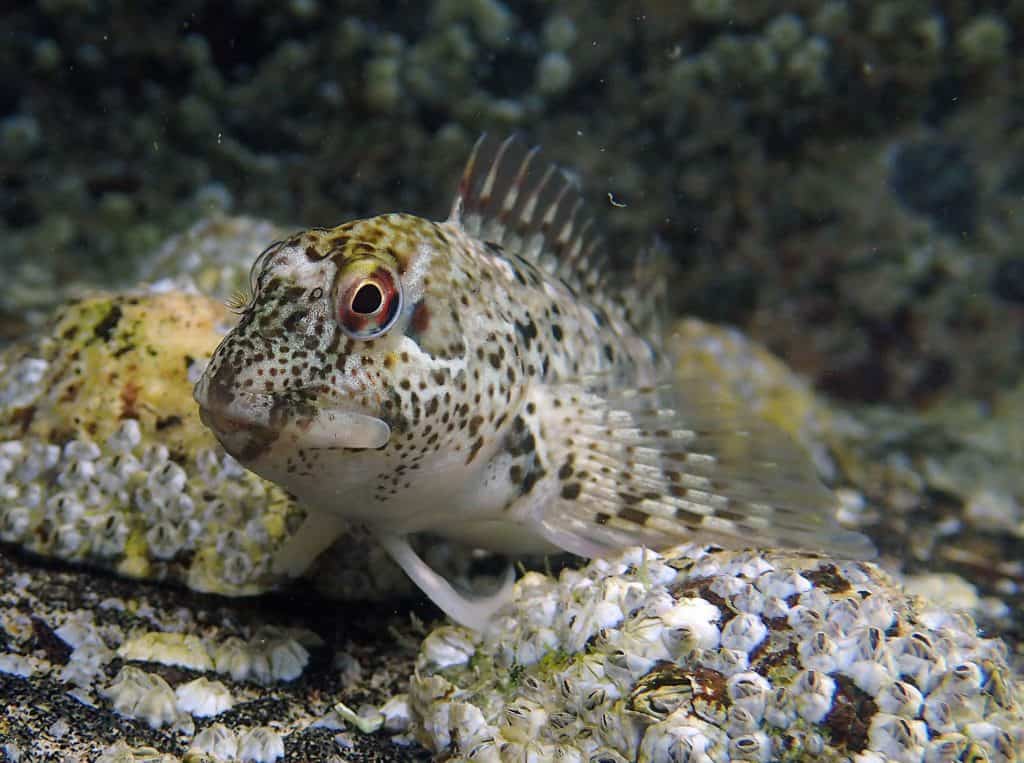
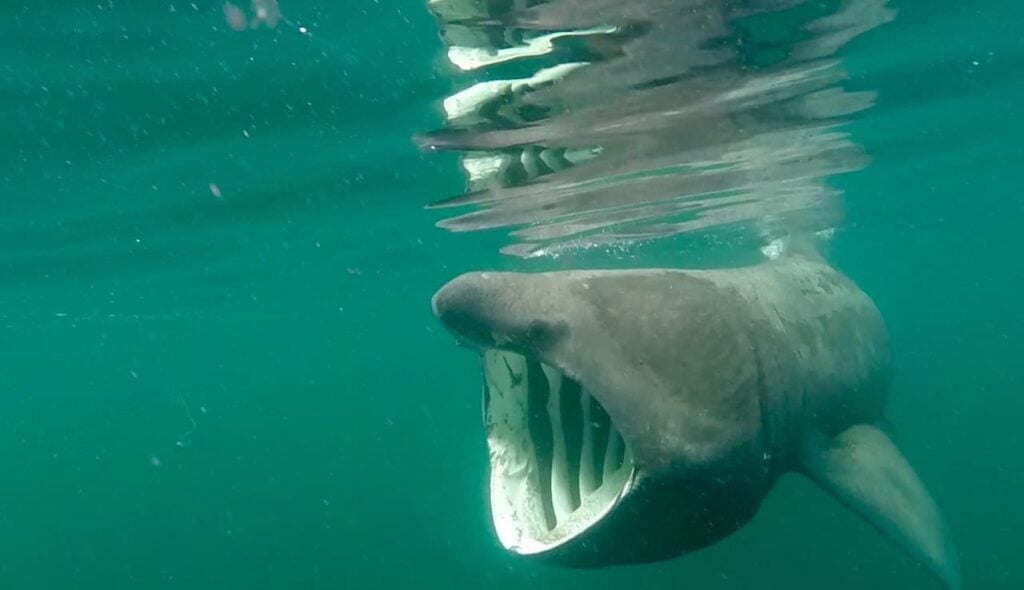
Read More
If you are looking for a rounded beginner’s introduction to the global marine environment with particular focus on UK species and habitats*, look no further.
This course begins with an overview of the ocean’s composition and movements, from tides and currents to temperatures, salt, and light absorption. Discover how the nature of seawater maintains the intricate balance of life in marine ecosystems around the world. Once you are equipped with a thorough understanding of the conditions for life in the sea, you will proceed to learn about the sheer diversity of organisms found from the deep sea to your local shorelines, including how organisms and habitats are classified and interact together.
Later in the course you will consider the implications of human activities, from fisheries and tourism to pollution and over exploitation, and come to understand the vital role the ocean plays in regulating the climate. Finally, we will turn our attention to the part of the marine environment that most of us are familiar with: the coastlines. You will learn about the main types of coastal habitats which occur globally, and meet the characteristic species of these habitats, including seaweeds, lichens, and animals, to recognise their roles in the ecosystem.
This course is designed to provide the ideal starting point or thorough refresher on marine ecology, which we hope will inspire you to love and equip you to learn more about the incredible marine world.
*Note on UK context – Like all Field Studies Council Biodiversity courses, this course is delivered in a UK context, however the sea knows no boundaries! This course therefore explores marine ecosystems and ecology at a global scale, before focusing on characteristic species of UK coastal habitats.
By the end of the course, you will be able to:
- Explain the nature and movements of seawater, including tides, patterns and the movements of water at the surface and at depths
- Understand how the nature of seawater shapes life in the ocean.
- Describe and explain the main divisions of life in the sea.
- Understand how energy moves through marine trophic levels in pelagic (water column) and benthic (seabed) systems.
- Understand the relationship between humans and the sea.
- Identify the key coastal marine environments around the world
- Give examples of ecological roles of notable groups of organisms within coastal environments.
Time commitment: This course will require approximately 2-3 hours of your time each week. This includes covering course materials on our Moodle learning platform and the Zoom session.
Who Should Attend? – Nature enthusiasts, Students, Ecological recorders, Marine explorers, Early career ecologists, Marine conservationists
Knowledge Level – Beginner. Level descriptors can be found on the following webpage: Framework and Course Level Descriptors
Prior Knowledge – No prior knowledge is required before taking this course, just a willingness to learn and explore!
Please note – bookings will close 2 working days before the course start date to allow for all participants to be enrolled to the online platform – bookings will not be taken after this time.
Bookings will close sooner if course capacity is reached
Understand how our online courses are delivered
Live Webinar Information
There are 4 webinars for this course, taking place weekly. Please see the date listing below for the day and time.
Please note – webinars will be recorded and uploaded to the virtual learning platform for learners unable to attend.
About the Tutor
Ian Powell
Ian is a former ecology tutor with the Field Studies Council at Slapton Ley and on overseas courses to South America. He has since taught undergraduate and masters degrees in ecology and conservation biology at Edge Hill University, which has included running marine field courses at FSC Millport. Ian also carries out regular botanical and butterfly surveys in the Yorkshire Dales National Park.
Example Timetable
Week 1: Life in the Sea
Self-study material available from the start date.
Week 1 Live Webinar at the end of week 1
Week 2: Marine Ecosystems
Self-study material available after week 1 webinar
Week 2 Live Webinar at the end of week 2
Week 3: Marine Environments and Humans
Self-study material available after week 2 webinar
Week 3 Live webinar at the end of week 3
Week 4: Characteristic Species of Coastal Habitats
Self-study material available after week 3 webinar
Week 4 Live webinar at the end of week 4
The final deadline to complete any outstanding assignments and self-study components is 2 weeks after the final webinar.
What's Included
The course has been carefully created to help you continue to build and develop your knowledge as the course progresses. With content crafted to the online Moodle Platform and bespoke to the Field Studies Council.
The course includes:
- 45-minute interactive weekly Zoom workshops to connect with the tutor and other participants
- Expert tuition for which the Field Studies Council is renowned
- Activities to work on independently in advance of each Zoom workshop
- Tailored course completion certificate
Once registered, you will follow well-illustrated, user-friendly ’books’ to pick up knowledge. Quizzes and skill checks will give you instant feedback on your learning. Forums give participants the chance to interact with each other as well as a place to share work.
Bursaries and Subsidies
Student Discount
This course is eligible for a student discount. If you are a current student, please use discount code BioStudent20 at checkout for 20% off all Biodiversity courses.
Natural History Bursaries
There are a number of natural history bursaries available to help with the cost of your course. To find out if you and your chosen course are eligible, read more here.
Before You Attend
Accessing Your Course
- Once you sign up you’ll receive an email at least 24 hours in advance of the course opening with details of how to access our easy-to-use platform, Moodle.
- Moodle can be accessed through a browser or an app.
- Webinars are via Zoom so you won’t need any new software to attend .
Recommended Devices
You will need access to a PC or laptop to complete this course, therefore please ensure you have access to a suitable device before purchasing the course. Please be aware that there will be reduced functionality if you decide to access the course through a tablet or smartphone. The Field Studies Council is unable to email content directly to you.
Opportunities to attend this course
-
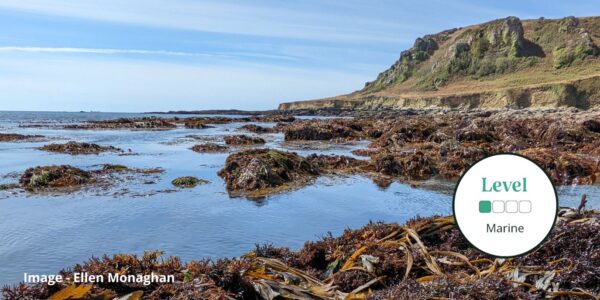
Wed 04, September 2024 - Wed 16, October 2024
The webinars will take place on Wednesdays 1:00 pm – 1:45 pm on the following dates:
- Week 1: 11th September 2024
- Week 2: 18th September 2024
- Week 3: 25th September 2024
- Week 4: 2nd October 2024
Progress Your Learning
This is a training course from the Field Studies Council, delivered by expert tutors with an approachable learning style. After attending this course, you may like to progress your learning with further relevant courses or branch out into other areas of natural history. The Field Studies Council offers both online and in-person courses, so you can choose the learning style that suits you best.
The course gives you the opportunity to immerse yourself in a new subject and acquire novel skills. Our online portal gives you time to study at your own pace and fit the lessons around your own schedule.
If you have any questions about our online courses please check our Frequently Asked Questions or email [email protected].
Group Bookings Made Easy
If you have a group of 10 or more individuals wanting to complete one of our courses, our team are available to discuss your options – from discounts to private team courses. Find out more!
You can rest assured that the absolute best content from an expert in environmental education will be at your fingertips. In choosing a Field Studies Council course, you will be joining thousands of people who learn with us each year.

